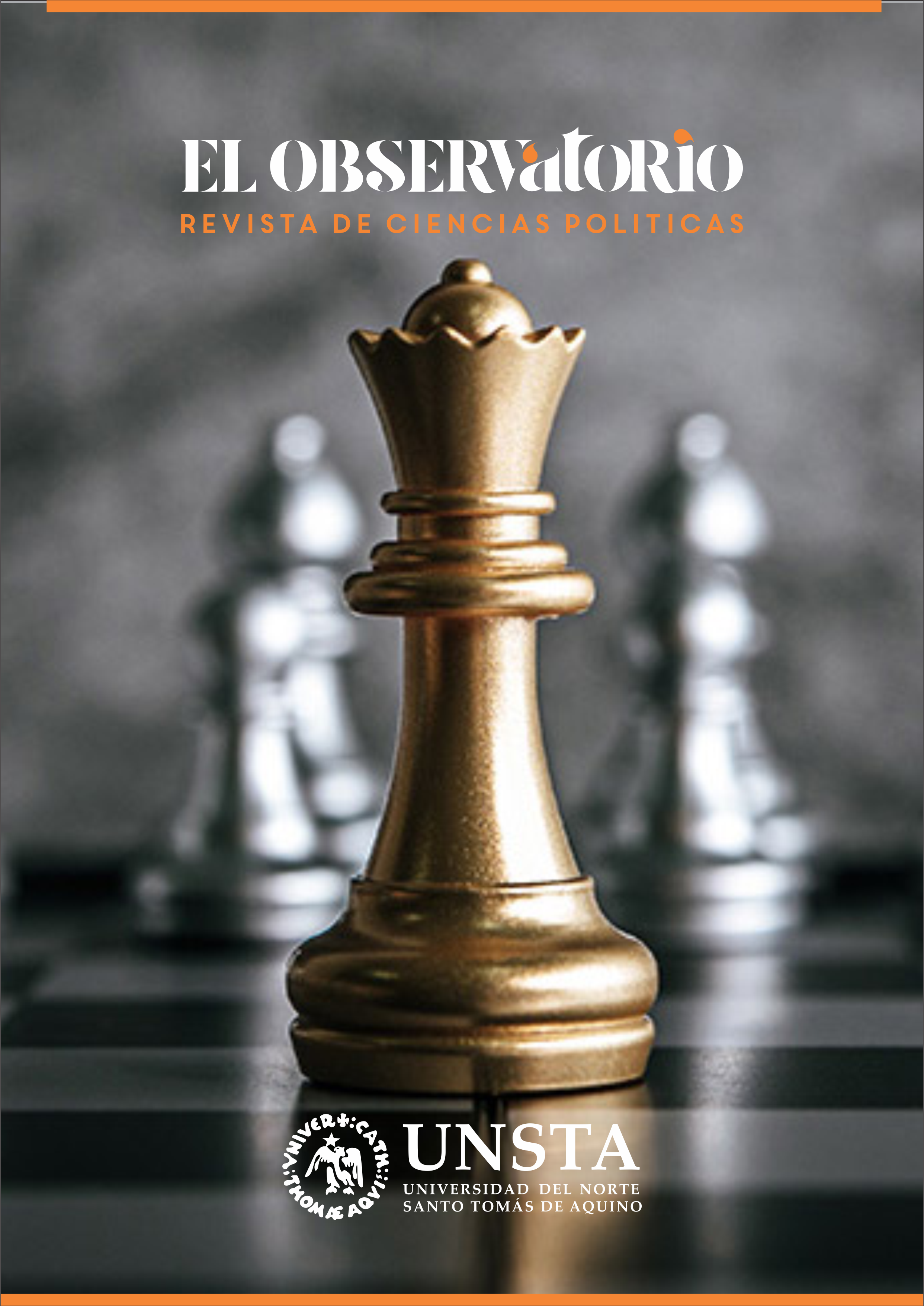The System of Couplings as an Institutional Mechanism for the Territorialization of the Electoral Contest
The Case of the Province of Tucumán
Keywords:
electoral systems, coupling system, multilevel statesAbstract
The selection and implementation of electoral systems, regardless of their type or character, is not exempt from an underlying political motivation. It is from this perspective that the modification of the electoral system in force in the province of Tucumán is observed until its modification in 2006 and the consecration of the socalled «coupling system» in the provincial Magna Carta. The fundamental intuition of this work is that the selection and regulation of the aforementioned system implied a deliberate search for territorialization of popular representation and, therefore, the generation and consolidation of local leadership over provincial leadership, which can be verified in the reduction of party concentration indicators and, consequently, the increase in fragmentation rates and the effective number of parties. At the same time, this work sets out the initial lines for addressing a second desired consequence of the reform of the electoral system: the definition of a mechanism that would allow the resolution of internal political disputes that arose within the governing party in the provincial electoral arena, establishing objective criteria for their resolution.
Downloads
References
Anduiza, E. y Bosch, A. (2007). Comportamiento político electoral. Ariel.
Boix, C. (2015). Cuando se establecen las reglas del juego. La adopción de sistemas electorales en democracias avanzadas. En: M. Escolar, E. Calvo, y J. M. Abal Medina, Un sistema electoral para la democracia: los orígenes de la representación proporcional (pp. 21-56). Siglo XXI.
Calvo, E. y Escolar, M. (2005). La nueva política de partidos en la Argentina. Crisis política, realineamientos partidarios y reforma electoral. Prometeo.
Constitución de la provincia de Tucumán. (6 de junio de 2006). Disponible en http://www.saij.gob.ar/0-local-tucuman-constitucion-provincia-tucumanlpt0000000-2006-06-06/123456789-0abc-defg-000-0000tvorpyel?&o=6&f=Total%7CFecha%7CEstado%20de%20Vigencia/Vigente%2C%20de%20alcance%20general%7CTema%5B5%2C1%5D%7COrganismo%5B5%2C1%5D%7CA
Cox, G. (2004). La coordinación estratégica de los sistemas electorales del mundo. Hacer que los votos cuenten. Gedisa.
Duverger, M. (1992). Influencia de los sistemas electorales en la vida política. En: A. Battle, Diez textos básicos de Ciencia Política (pp. 37-76). Ariel.
Nohlen, D. (1998). Sistemas electorales y partidos políticos. Fondo de Cultura Económica.


 Esta obra está bajo una
Esta obra está bajo una 